detail profile david puttnam
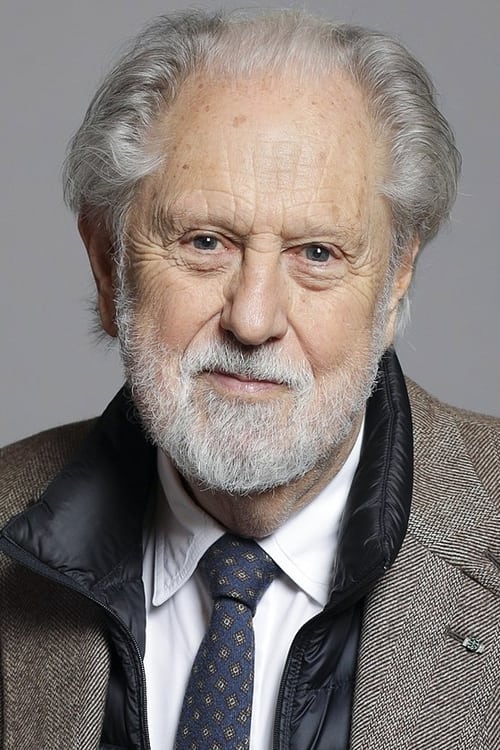
Riwayat Hidup
David Terence Puttnam, Baron Puttnam, CBE, HonFRSA, HonFRPS, MRIA (born 25 February 1941) is a British-Irish film producer, educator, environmentalist and former member of the House of Lords.
His productions include Chariots of Fire, which won the Academy Award for Best Picture, The Mission, The Killing Fields, Local Hero, Midnight Express and Memphis Belle.
In 1982, he received the BAFTA for Outstanding British Contribution to Cinema, and in 2006 he was awarded the BAFTA Fellowship for lifetime achievement from the British Academy of Film and Television Arts.
Puttnam sat on the Labour benches in the House of Lords, although he was not principally a politician.
In 2019 he was appointed chair to the select committee on democracy and digital technologies.
The committee published its findings in its Digital Technology & the Resurrection of Trust report in June 2020.
Puttnam was born in Southgate, London, England, the son of Marie Beatrix, a housewife of Jewish origin, and Leonard Arthur Puttnam, a photographer.
Educated at Minchenden Grammar School in London, Puttnam had an early career in advertising, including five formative years at Collett Dickenson Pearce, and as agent acting for the photographers David Bailey and Brian Duffy.
Puttnam turned to film production in the late 1960s, working with Sanford Lieberson's production company Goodtimes Enterprises.
The first feature he produced was Melody (1971), based on a script by Alan Parker and which was a minor hit.
Puttnam and Lieberson produced the documentaries Peacemaking 1919 (1971), Glastonbury Fayre (1972), and Bringing It All Back Home (1972).
Their second film, The Pied Piper (1972), directed by Jacques Demy was not a success, but That'll Be the Day (1973) with David Essex proved a hit.
Puttnam and Lieberson went on to produce The Final Programme (1973), a science fiction film, and made some more documentaries, these being Double Headed Eagle: Hitler's Rise to Power 1918–1933 (1973) and Swastika (1974).
Puttnam and Lieberson executive-produced the Ken Russell biopic Mahler (1974), and did a sequel to That'll Be The Day, entitled Stardust (1974) and directed by Michael Apted.
There were more documentaries: Radio Wonderful (1974), Brother, Can You Spare a Dime? (1975), James Dean: The First American Teenager (1975) and The Memory of Justice (1976).
A second film with Russell, Lisztomania (1975), was a box office disaster and led to the end of the Puttnam-Lieberson partnership.
Puttnam had a box office success with Bugsy Malone (1976), a musical he executive-produced, written and directed by Alan Parker, and produced by Alan Marshall.
It was the last film Puttnam would make under the 'Goodtimes' banner.
He went on to set up a new company, Enigma Films.
Puttnam produced The Duellists (1977), the directorial debut of Ridley Scott; and with Marshall once more, he produced Midnight Express (1978), directed by Parker from a script by Oliver Stone, and which was a notable box office success.
Puttnam made his first film in America, Foxes (1980), itself the directorial debut of Adrian Lyne.
It was a box office flop.
.
.
.
Source: Article "David Puttnam" from Wikipedia in English, licensed under CC-BY-SA 3.
0.
Info Pribadi
Peran Yang Di Mainkan David Puttnam
 Twiggy takes a comprehensive look at...
Twiggy takes a comprehensive look at...Twiggy 2025
Twiggy takes a comprehensive look at the life story of UK model and cultural icon Twiggy, real name Lesley Lawson, whose career kickstarted in the 1960s. It features interviews with Twiggy and her husband Leigh Lawson, as well as commentary from Erin O’Connor, Paul McCartney, Lulu, Poppy Delavigne, Brooke Shields, Pattie Boyd and Zandra Rhodes.
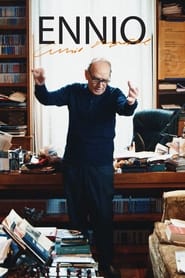 A portrait of Ennio Morricone the...
A portrait of Ennio Morricone the...Ennio 2022
A portrait of Ennio Morricone, the most popular and prolific film composer of the 20th century, the one most loved by the international public, a two-time Oscar winner and the author of over five hundred unforgettable scores.
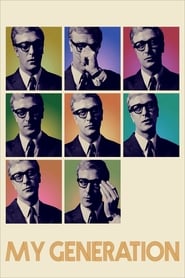 The vivid and inspiring story of...
The vivid and inspiring story of...My Generation 2017
The vivid and inspiring story of British film icon Michael Caine's personal journey through 1960s swinging London.
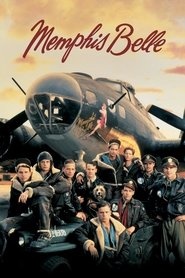 The Memphis Belle is a World...
The Memphis Belle is a World...Memphis Belle 1990
The "Memphis Belle" is a World War II bomber, piloted by a young crew on dangerous bombing raids into Europe. The crew only have to make one more bombing raid before they have finished their duty and can go home. In the briefing before their last flight, the crew discover that the target for the day is Bremen.
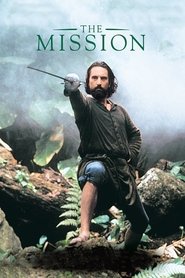 When a Spanish Jesuit goes into...
When a Spanish Jesuit goes into...The Mission 1986
When a Spanish Jesuit goes into the South American wilderness to build a mission in the hope of converting the Indians of the region, a slave hunter is converted and joins his mission. When Spain sells the colony to Portugal, they are forced to defend all they have built against the Portuguese aggressors.
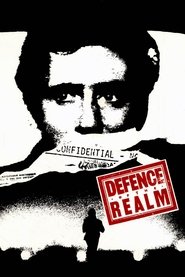 A reporter named Mullen stumbles onto...
A reporter named Mullen stumbles onto...Defence of the Realm 1986
A reporter named Mullen 'stumbles' onto a story linking a prominent Member of Parliament to a KGB agent and a near-nuclear disaster involving a teenage runaway and a U.S. Air Force base. Has there been a Government cover-up? Mullen teams up with Vernon Bayliss, an old hack, and Nina Beckam, the MP's assistant, to find out the truth.
 New York Times reporter Sydney Schanberg...
New York Times reporter Sydney Schanberg...The Killing Fields 1984
New York Times reporter Sydney Schanberg is on assignment covering the Cambodian Civil War, with the help of local interpreter Dith Pran and American photojournalist Al Rockoff. When the U.S. Army pulls out amid escalating violence, Schanberg makes exit arrangements for Pran and his family. Pran, however, tells Schanberg he intends to stay in Cambodia to help cover the unfolding story — a decision he may regret as the Khmer Rouge rebels move in.
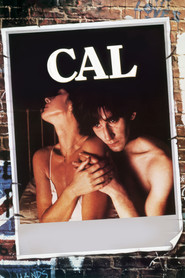 Cal a young man on the...
Cal a young man on the...Cal 1984
Cal, a young man on the fringes of the IRA, falls in love with Marcella, a Catholic woman whose husband, a Protestant policeman, was killed one year earlier by the IRA.
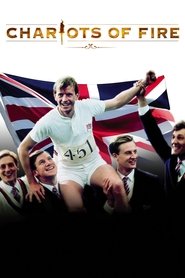 In the classobsessed and religiously divided...
In the classobsessed and religiously divided...Chariots of Fire 1981
In the class-obsessed and religiously divided UK of the early 1920s, two determined young runners train for the 1924 Paris Olympics. Eric Liddell, a devout Christian born to Scottish missionaries in China, sees running as part of his worship of God's glory and refuses to train or compete on the Sabbath. Harold Abrahams overcomes anti-Semitism and class bias, but neglects his beloved sweetheart in his single-minded quest.
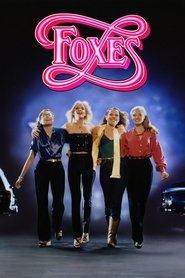 A group of friends come of...
A group of friends come of...Foxes 1980
A group of friends come of age in the asphalt desert of the San Fernando Valley, as set to a blazing soundtrack and endless drinking, drugs and sex.
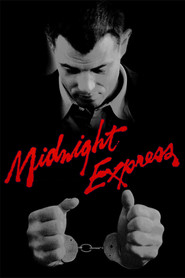 Billy Hayes is caught attempting to...
Billy Hayes is caught attempting to...Midnight Express 1978
Billy Hayes is caught attempting to smuggle drugs out of Turkey. The Turkish courts decide to make an example of him, sentencing him to more than 30 years in prison. Hayes has two opportunities for release: the appeals made by his lawyer, his family, and the American government, or the "Midnight Express".
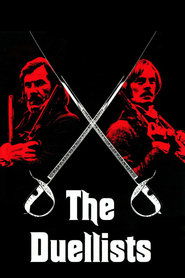 In 1800 as Napoleon Bonaparte rises to...
In 1800 as Napoleon Bonaparte rises to...The Duellists 1977
In 1800, as Napoleon Bonaparte rises to power in France, a rivalry erupts between Armand and Gabriel, two lieutenants in the French Army, over a perceived insult. For over a decade, they engage in a series of duels amidst larger conflicts, including the failed French invasion of Russia in 1812, and shifts in the political and social systems of Europe.
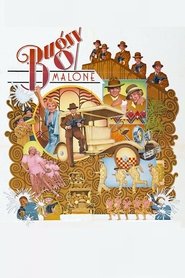 New York 1929 a war rages between...
New York 1929 a war rages between...Bugsy Malone 1976
New York, 1929, a war rages between two rival gangsters, Fat Sam and Dandy Dan. Dan is in possession of a new and deadly weapon, the dreaded "splurge gun". As the custard pies fly, Bugsy Malone, an all-round nice guy, falls for Blousey Brown, a singer at Fat Sam's speakeasy. His designs on her are disrupted by the seductive songstress Tallulah who wants Bugsy for herself.
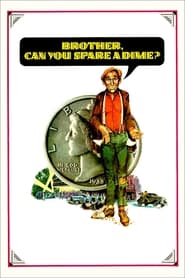 Period music film clips and newsreel...
Period music film clips and newsreel...Brother, Can You Spare a Dime? 1975
Period music, film clips and newsreel footage combined into a visual exploration of the American entertainment industry during the Great Depression.
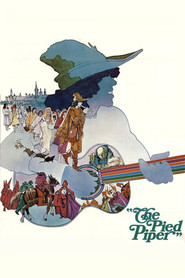 Greed corruption ignorance and disease Midsummer 1349...
Greed corruption ignorance and disease Midsummer 1349...The Pied Piper 1972
Greed, corruption, ignorance, and disease. Midsummer, 1349: the Black Death reaches northern Germany. Minstrels go to Hamelin for the Mayor's daughter's wedding to the Baron's son. He wants her dowry to pay his army while his father taxes the people to build a cathedral he thinks will save his soul. A local apothecary who's a Jew seeks a treatment for the plague; the priests charge him with witchcraft. One of the minstrels, who has soothed the Mayor's daughter with his music, promises to rid the town of rats for the fee. The Mayor agrees, then renigs. In the morning, the plague, the Jew's trial, and the Piper's revenge come at once.
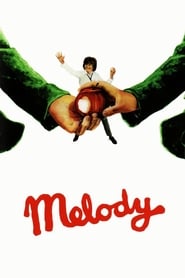 Two youngsters declare to their parents...
Two youngsters declare to their parents...Melody 1971
Two youngsters declare to their parents that they want to get married. Not sometime in the future but as soon as possible.
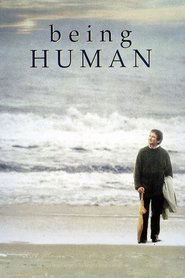 One man must learn the meaning...
One man must learn the meaning...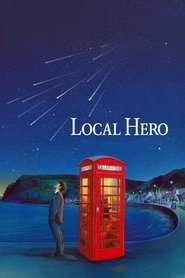 An American oil company sends a...
An American oil company sends a... In the 19th century Romantic composerpianist...
In the 19th century Romantic composerpianist...